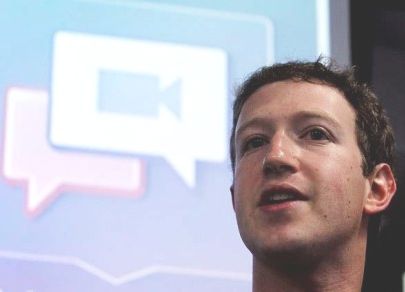Zuckerberg Defends ‘Free Basics’ In India

Facebook’s latest move follows the suspension of the controversial Free Basics progamme in India last week on net neutrality grounds
Facebook chief executive has defended the company’s controversial free mobile service in India, Free Basics, after the service was suspended due to concerns that it gives Facebook an undue competitive advantage.
In an opinion piece published in the Times of India, the country’s biggest-selling English-language daily newspaper, Zuckerberg argued Free Basics is comparable to public services such as education and health provision.

Programme suspended
“If people lose access to free basic services, they will simply lose access to the opportunities offered by the Internet today,” he wrote, giving the example of local farmers who used the service to access weather tools and commodity prices.
Critics, by contrast, argue Free Basics is comparable to the “zero-rate” services offered for free as a promotional tool by some telecommunications companies, and generally disallowed under net neutrality laws.
Zuckerberg wrote that Free Basics “fully respects net neutrality”.
India’s telecoms regulator last week asked Facebook telecommunications partner Reliance Communications to suspend Free Basics pending a review of the service.
The regulator is set to hold a hearing on Internet neutrality in January.
Subsidies
Internet neutrality campaigners argue that private companies shouldn’t be allowed to subsidise the provision of certain services, as this would lead to a distortion in what’s accessible online.
Free Basics offers free access to a selection of services chosen by Facebook, as well as access to the company’s own social network.
Facebook has supported Free Basics with an extensive marketing campaign across India in recent weeks, and earlier this month began contacting users to urge them to write to the regulator to defend the programme.
The company renamed Internet.org’s app as “Free Basics by Facebook” in September, in part in response to criticism that the old name suggested the app offered access to the full Internet.
How much do you know about the cloud? Try our quiz!